Productivity and Performance in the Paper Industry: Labour, Capital and Technology in Britain and America, 1860–1914
This pioneering 1997 study examines the economic development of the British paper industry between 1860 and 1914 - an era in which it is often claimed that the origins of Britain's relative economic decline are first witnessed. For paper-making, this was also a period in which an array of important new forces, including inter alia the development of new raw materials and the move to ever larger scales of production, came on the scene. Gary Bryan Magee looks at the effect of these changes and assesses how effectively the industry coped with the new pressures, drawing upon an extensive range of quantitative and archival sources from Britain, America, and other countries. Along the way, Dr Magee addresses issues central to the understanding of industrial competitiveness, such as technological change, entrepreneurship, productivity, trade policy, and industrial relations.
{{comment.content}}
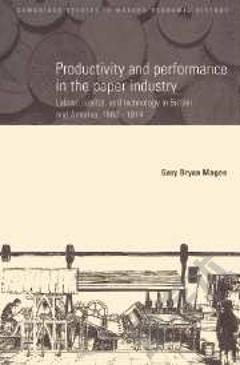
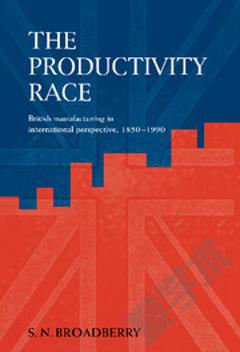
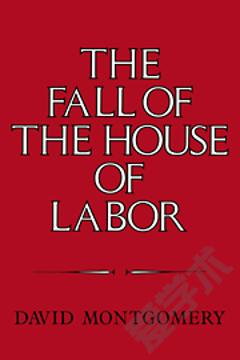
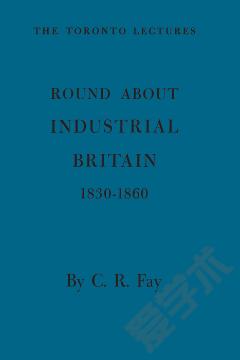
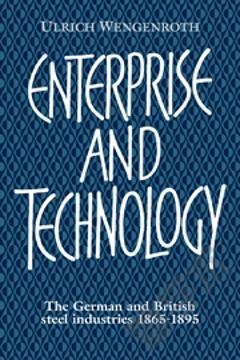
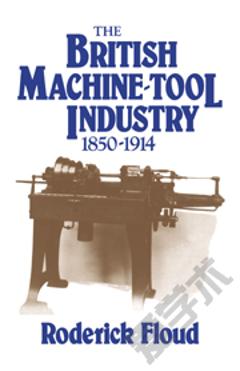
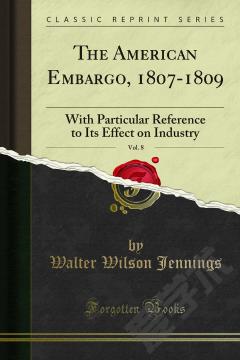

 京公网安备 11010802027623号
京公网安备 11010802027623号